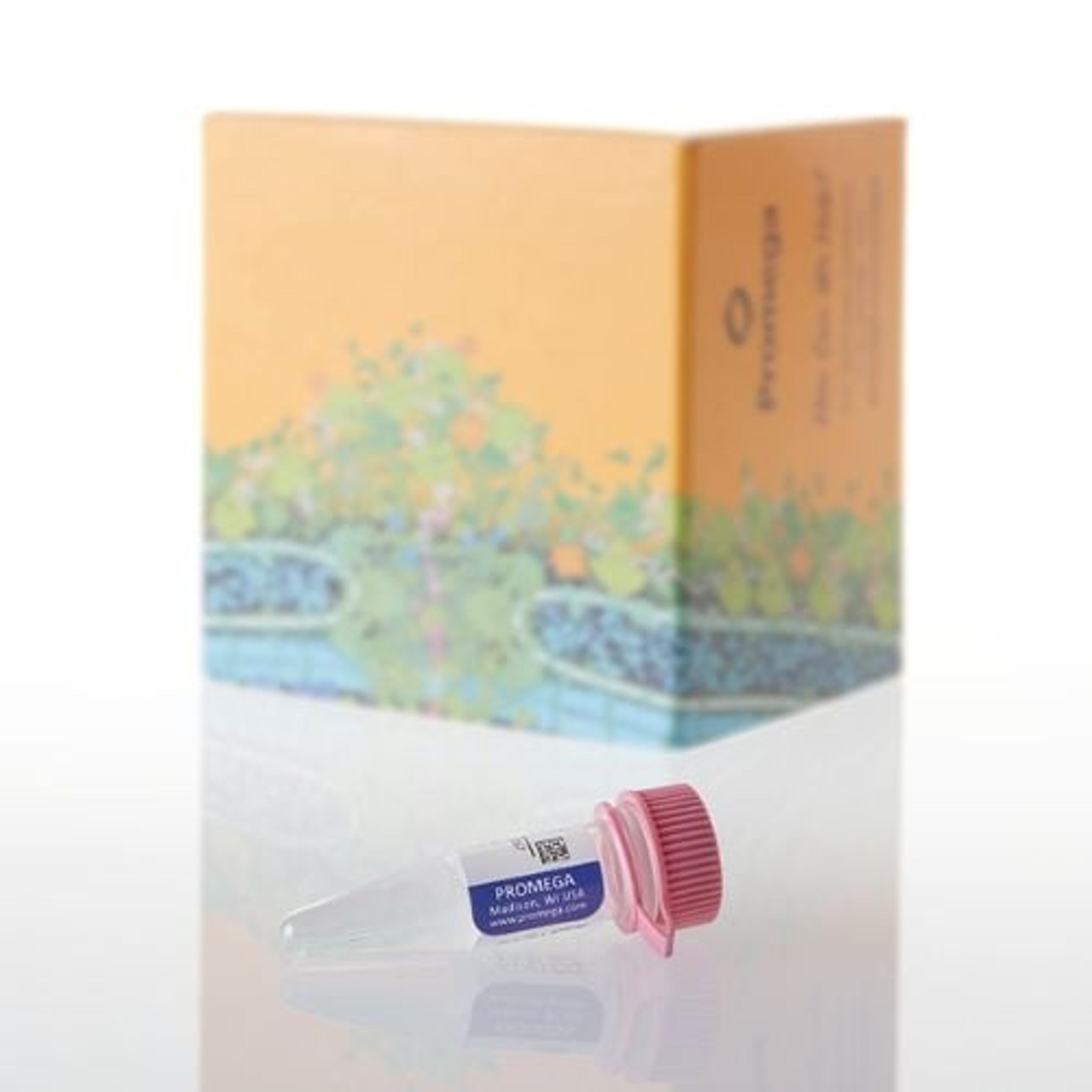Promega Corporation enters license agreement with MilliporeSigma to access foundational CRISPR integration technology
Scientists aim to gain new insights into natural cell activity, accelerating drug development
1 Jan 2020
Promega Corporation has announced it has signed a license agreement with MilliporeSigma, a leader in genome editing, to access MilliporeSigma’s foundational CRISPR genome-editing technology. Under the agreement, Promega will create new research products for investigating endogenous biology, including those for drug development. These tools hope to allow researchers to better read the physiological or natural levels of protein expression, providing a more accurate understanding of protein behavior.
“This license further expands the potential of CRISPR, and, more importantly, gives scientists a new view into natural cell activity,” said Bill Linton, president and CEO, Promega Corporation. “This is quite a meaningful contribution to many areas of applied research in such fields as cancer and neuroscience.”
The combination of CRISPR-Cas9 and Promega protein reporters have proven powerful in understanding critical areas of biology. A paper in the journal ACS Chemical Biology explains how the Promega HiBiT Protein Tagging System can be combined with CRISPR-Cas9-mediated gene editing to tag endogenous proteins and simplify their study under natural expression conditions. Another paper also in ACS Chemical Biology explains a strategy for monitoring PROTAC-mediated degradation of endogenously tagged HiBiT-BET family members in live cells.
“Under this licensing agreement, Promega plans to use our intellectual property to develop CRISPR-edited cell lines, which can play a major role in determining drug efficacy, toxicity and overall development,” said Udit Batra, CEO, MilliporeSigma.
MilliporeSigma intends to continue growing its CRISPR intellectual property portfolio with technologies such as paired Cas9 nickases, which reduce off-target effects, and proxy-CRISPR, which offers researchers more experimental options to accelerate drug development and access to new therapies. MilliporeSigma holds 22 CRISPR-related patents worldwide covering both methods and compositions, including the fundamental use of CRISPR-Cas9 for genetic integration in mammalian cells.
Promega is building a portfolio of CRISPR knock-in cell lines, in addition to custom requests, to meet the demands of customers studying protein dynamics.
Want more of the latest science news straight to your inbox? Become a SelectScience member for free today>>

